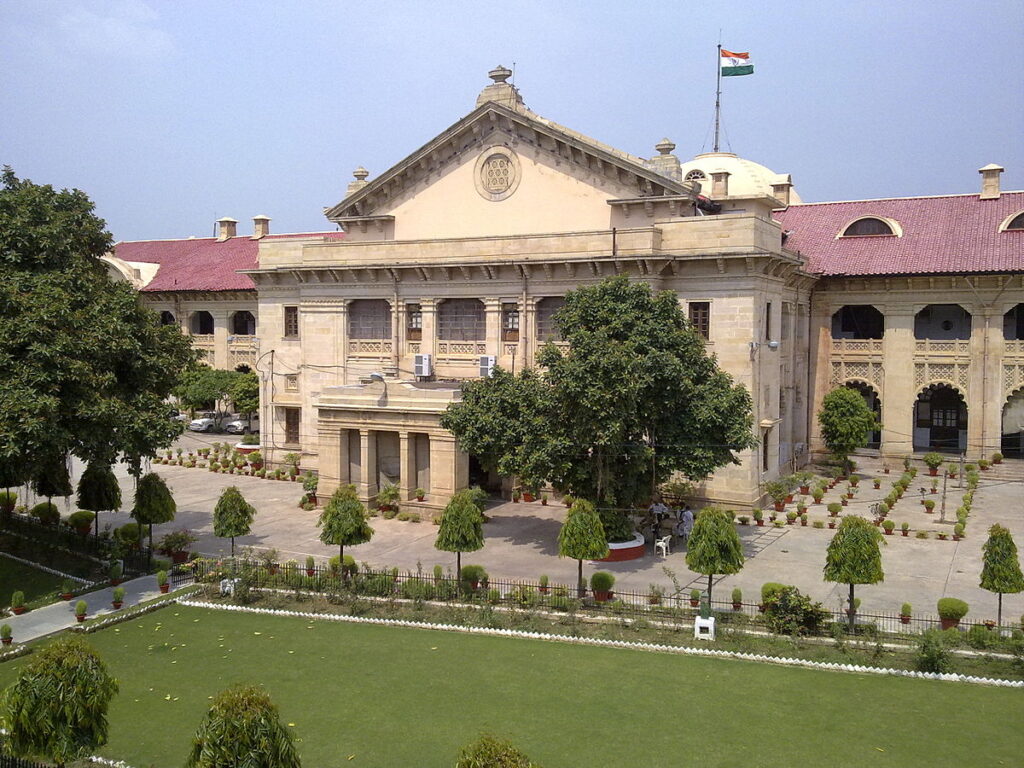The Allahabad High Court has ruled that lawyers representing the accused cannot communicate directly with agencies or investigating officers unless the court gives permission.

The Allahabad High Court stated that the lawyer for the accused cannot communicate directly with the agencies or Investigating Officers unless the Court permits it. This decision was made while reviewing a Criminal Miscellaneous Bail Application from the accused against the Enforcement Directorate (ED). Justice Samit Gopal noted that the investigating agency had its Counsel present from the beginning and was expected to follow the Court’s directions. If the opposing party wanted to show that these directions were not followed, they should inform the Court when the case was next heard. A lawyer cannot act as if they are their client and cannot directly engage with agencies like Investigating Officers unless the Court specifically allows it, especially in ongoing cases. Direct communication with agencies is not part of a lawyer’s role for an accused person.
The Bench remarked that the accused’s lawyer sending emails directly to the Investigating Officer (IO) was inappropriate and not acceptable. Senior Advocates Kapil Sibal, Tanveer Ahmad Mir, and Ram M. Kaushik represented the accused, while Senior Advocate Gyan Prakash, along with Advocates J.P. Mishra and Kuldeep Srivastava, represented the ED. The ED had filed a complaint against the accused under the Prevention of Money Laundering Act, 2002 (PMLA), leading to a directive to seize the accused’s properties. The Court acknowledged this and summoned the accused, who has been in jail since February 2024.
The accusation claimed that the defendant was part of the Key Managerial Personnel (KMP) of a company through related entities and misappropriated loans by engaging in a criminal conspiracy, resulting in Proceeds of Crime under the PMLA. The Complainant Bank suffered a loss of Rs. 2,52,61,46,476/-. Since the Applicant was in jail, he requested bail from the High Court. The High Court noted, “The principle of ‘bail is a rule and jail is an exception’ is consistently upheld by the Supreme Court and other courts.” The Court stated that there was no risk of the accused fleeing, making it appropriate to grant bail.
The Court ordered, “Let the applicant, Padam Singhee, be released on bail in the mentioned case number upon providing a personal bond and two sureties of the same amount to the satisfaction of the court.” Regarding the emails sent by the accused’s lawyer to the investigating officer, the Court remarked, “Before concluding this matter, an important point raised by the Enforcement Directorate’s counsel about the ability of a lawyer to directly communicate with the investigating agency in a case where the agency is represented by its own counsel needs to be addressed.”
The Court highlighted that sending emails and reminding authorities about Court Orders is not part of the responsibilities of the lawyers involved in the case. Their role is to represent their client in Court and assist the Court. Court Orders should be followed by all parties, and if someone has a complaint, they should inform the Court. As a result, the High Court dismissed the Application and granted bail to the accused.
Cause Title: Padam Singhee v. Directorate of Enforcement (Neutral Citation: 2024:AHC:17866)









